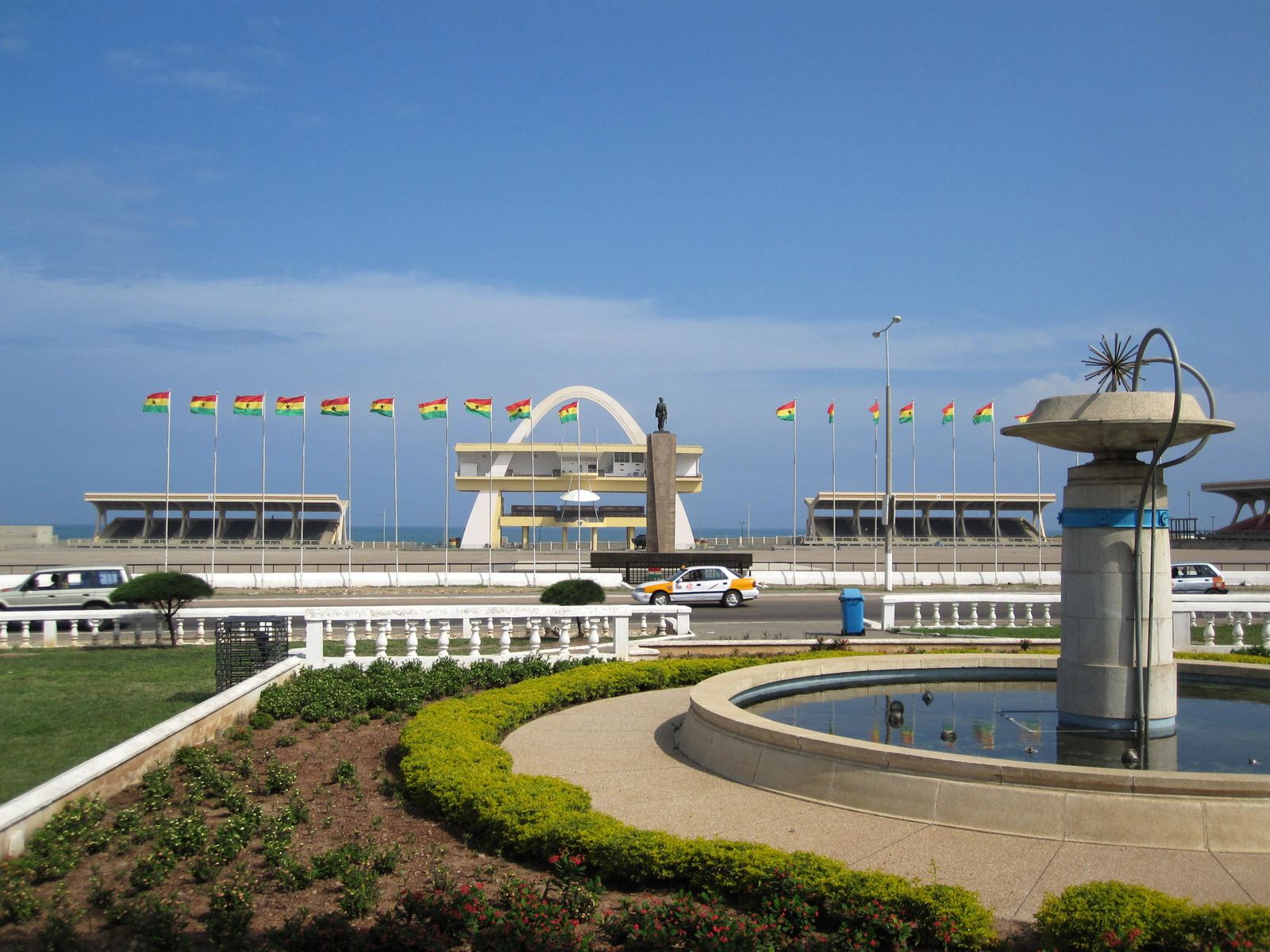
The World Bank and the Government of Ghana will release, on May 14, 2015, a report on urbanization in Ghana titled: Rising through Cities in Ghana. This report analyzes Ghanas rising urbanization challenges and looks at a framework of actions needed to successfully overcome them.
According to the 2010 Population and Housing Census, out of a total population of about 25 Million, more than half of Ghanas population live in urban areas. It is projected that by 2030, a total of 22.6 million Ghanaians representing about 65% of the national population would live in urban areas. Currently, major cities in the country are growing as fast as 4.5% per annum.
Over the last three decades, Ghanas urban population has more than tripled, rising from 4 million to nearly 14 million people, and outpacing rural population growth. The country is moving steadily and uniformly towards cities and towns, and all regions are experiencing this growth. In fact, Ghanas urban population growth has been faster in its secondary and sub-urban cities than its larger ones.
Can this increasing pool of urban residents secure good jobs, access affordable housing, clean water, public transport and other utilities and amenities that make living in a city a comfortable and happy experience?

These and many other issues, including specific action points will be discussed at the launch of this report on Thursday May 14, 2015, at the La Palm Royal Beach Hotel, under the theme: Deepening the Urban Agenda for Transformative Change.

Among the line-up of activities for the launch are presentations, dialogue sessions, video screening and panel discussions by a high profile local and foreign experts and government officials. The high point of the event is a keynote address by H.E. the Vice President of the Republic, Paa Kwesi Bekoe Amissah-Arthur, who will also do the official launch of the report.
FRENCH VERSION
Selon la Population 2010 et recensement du logement, sur unepopulation totale d’environ 25 millions, plus de la moitié de lapopulation Ghanas vivent dans les zones urbaines. On prévoitque d’ici 2030, un total de 22,6 millions de ghanéens qui représente environ 65 % de la population vivrait dans les zonesurbaines. Actuellement, grandes villes du pays sont de plus en plus vite que 4,5 % par an.
Peut ce pool croissant des citadins garantir de bons emplois,logement abordable l’accès, eau potable, les transports encommun et autres utilitaires et commodités qui rendent la viedans une ville, une expérience confortable et heureuse ?
Parmi la gamme d’activités pour le lancement sont des présentations, séances de dialogue, vidéo projection et tablesrondes par un haut profil des experts locaux et étrangers etreprésentants du gouvernement. Le point culminant del’événement est un discours par S.E le vice-président de laRépublique, Paa Kwesi Bekoe Amissah-Arthur, qui fera égalementle lancement officiel du rapport.


